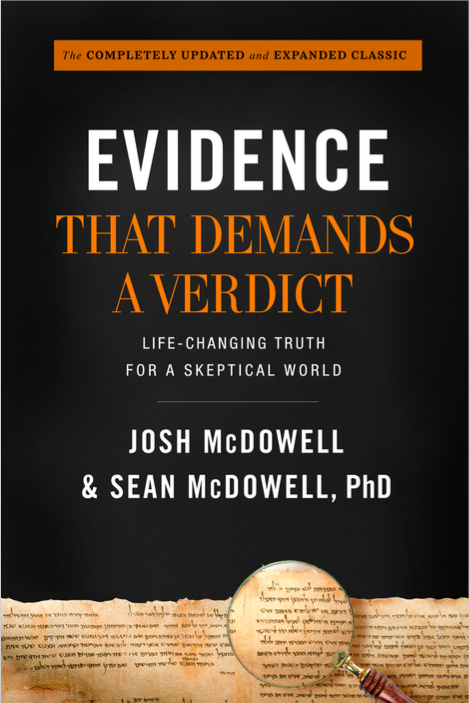SeanMcDowell.org
No problem is more challenging for Christians (and really all belief systems) than the problem of evil. A common question people often ask is, “Why didn’t God make human beings to always freely choose Him in love and trust?”
Doing so would seemingly preserve human freedom, but also cut down on a lot of senseless suffering. If God is all-powerful and all-loving, why didn’t He make such a world?
Logical Problem of Evil
Philosopher Alvin Plantinga has famously responded to this “logical problem of evil” in his 1973 book God, Freedom, and Evil. As a result, most philosophers concede that the logical problem of evil has been defeated.
Yet, recently I was reading an earlier book Evil and the God of Love (1966) by John Hick, in which he offers a thoughtful response to the claim that God could have made a world in which people always freely respond to Him in love and trust.
While I disagree with much of Hick’s theology, his thoughts on this issue are worth pondering:
He would be in a relationship with His human creatures comparable with that of the hypnotist to his patient. That is to say, He would have pre-selected our responses to our environment, to one another, and to Himself in such a way that although these responses would from our point of view be free and spontaneous, they would from God’s point of view be unfree. He alone would know that our actions and attitudes, whilst flowing from our own nature, have in fact been determined by His initial fashioning of that nature and its environment.
So long as we think of God’s purpose for man…exclusively in terms of man’s performance in relation to his fellows, as a moral agent within human society, there is no contradiction in the idea of God’s so making human beings that they will always freely act rightly. But if we proceed instead from the Christian view that God is seeking man’s free response to Himself in faith, trust, and obedience, we see the necessity for our fourth question and for a negative answer to it.
It would not be logically possible for God to make men that they could be guaranteed freely to respond to Himself in genuine trust and love. The nature of these personal attitudes precludes their being caused in such a way. Just as the patient’s trust in, and devotion to, the hypnotist would lack for the latter the value of a freely given trust and devotion, so our human worship and obedience to God. We should, in relation to God, be mere puppets, precluded from entering into any truly personal relationship with Him…
God cannot without contradiction be conceived to have so constituted men that they could be guaranteed always freely to act rightly in relation to one another.[1]
Not sure I am totally convinced by the hypnotist example, but it is an interesting comparison that raises the difficulty of God making free beings and simultaneously determining their choices.
[1] John Hick, Evil and the God of Love (Great Britain, Lowe & Brydone: 1974, first published 1966), 310-311.
_ _ _ _ _ _ _ _ _ _ _ _ _ _ _ _ _ _ _ _ _ _ _ _ _ _ _ _ _ _ _ _
The ultimate response to evil can only be found in the person of Jesus Christ. If you are looking for evidence that the Christian story is really true, consider checking out the updated Evidence that Demands a Verdict (co-written with Josh McDowell).


